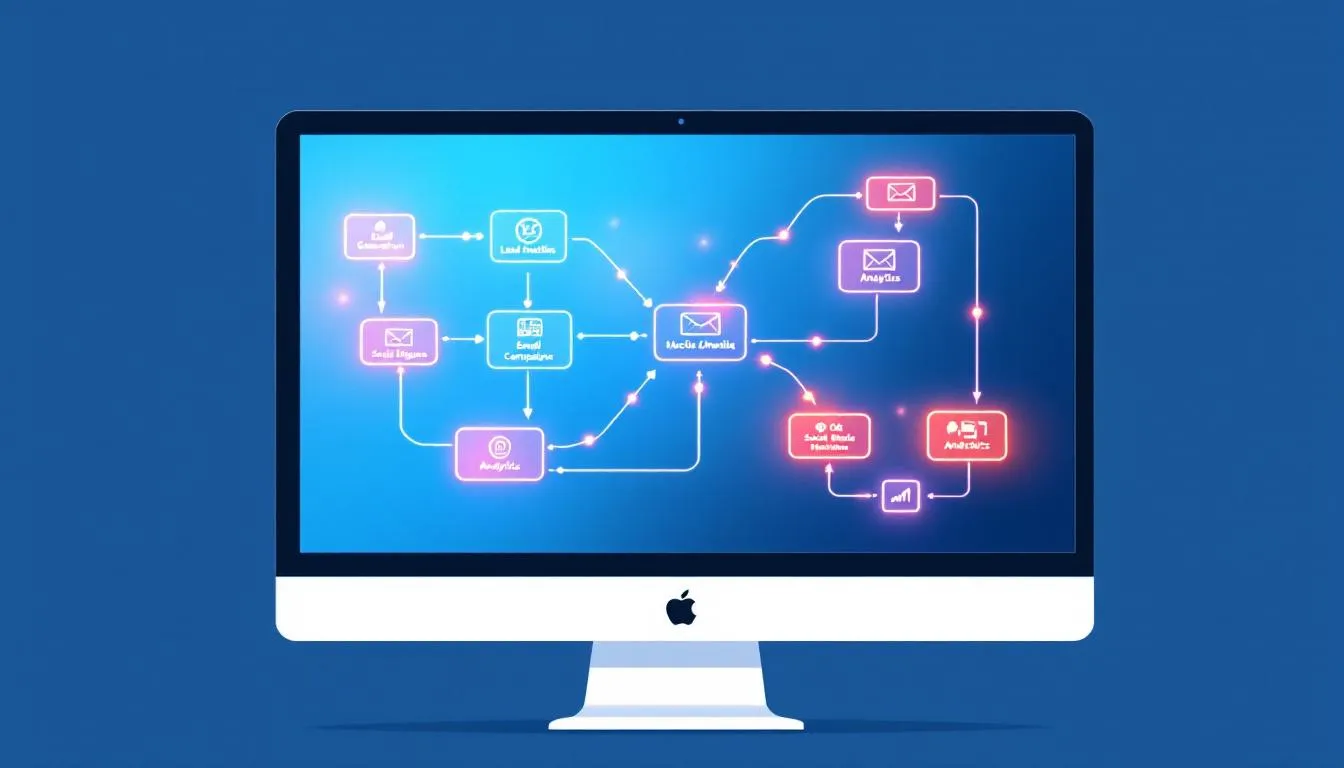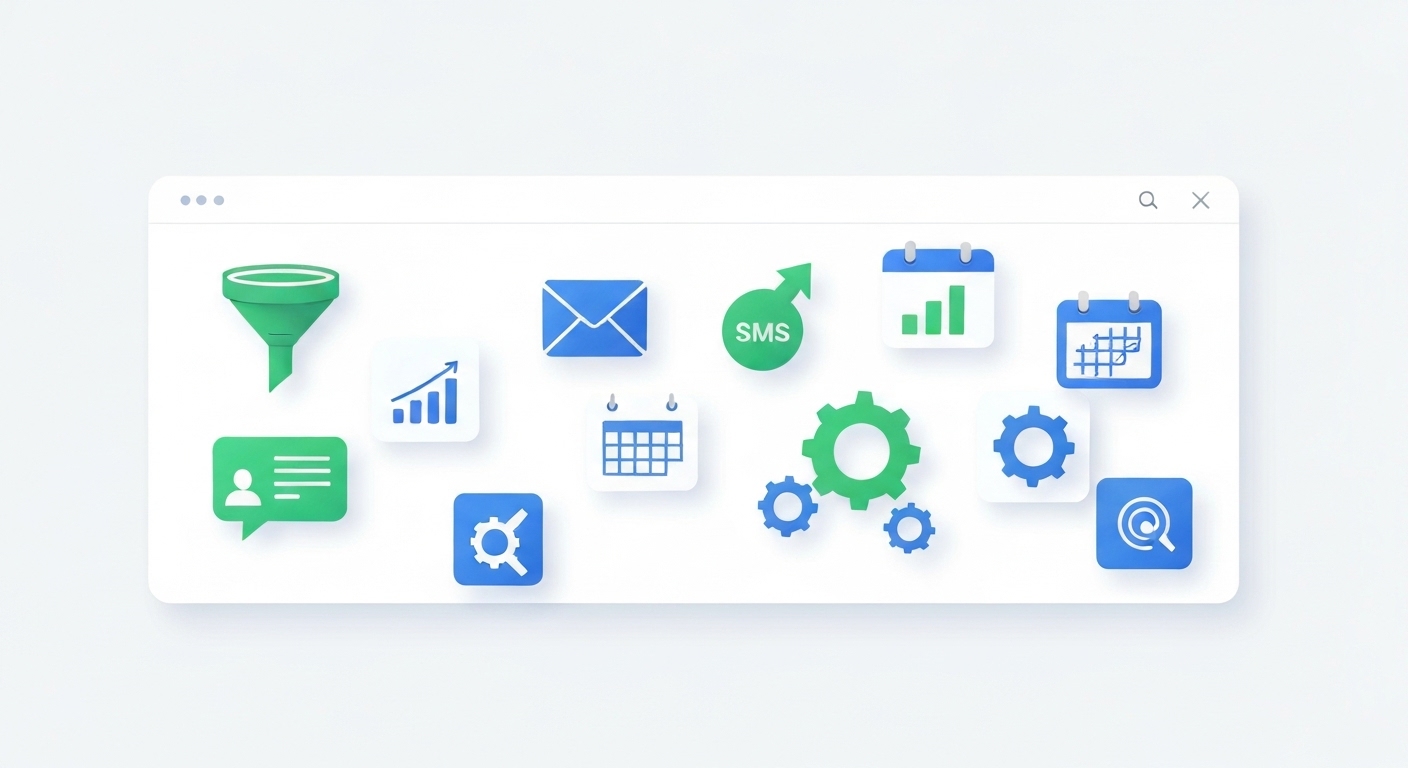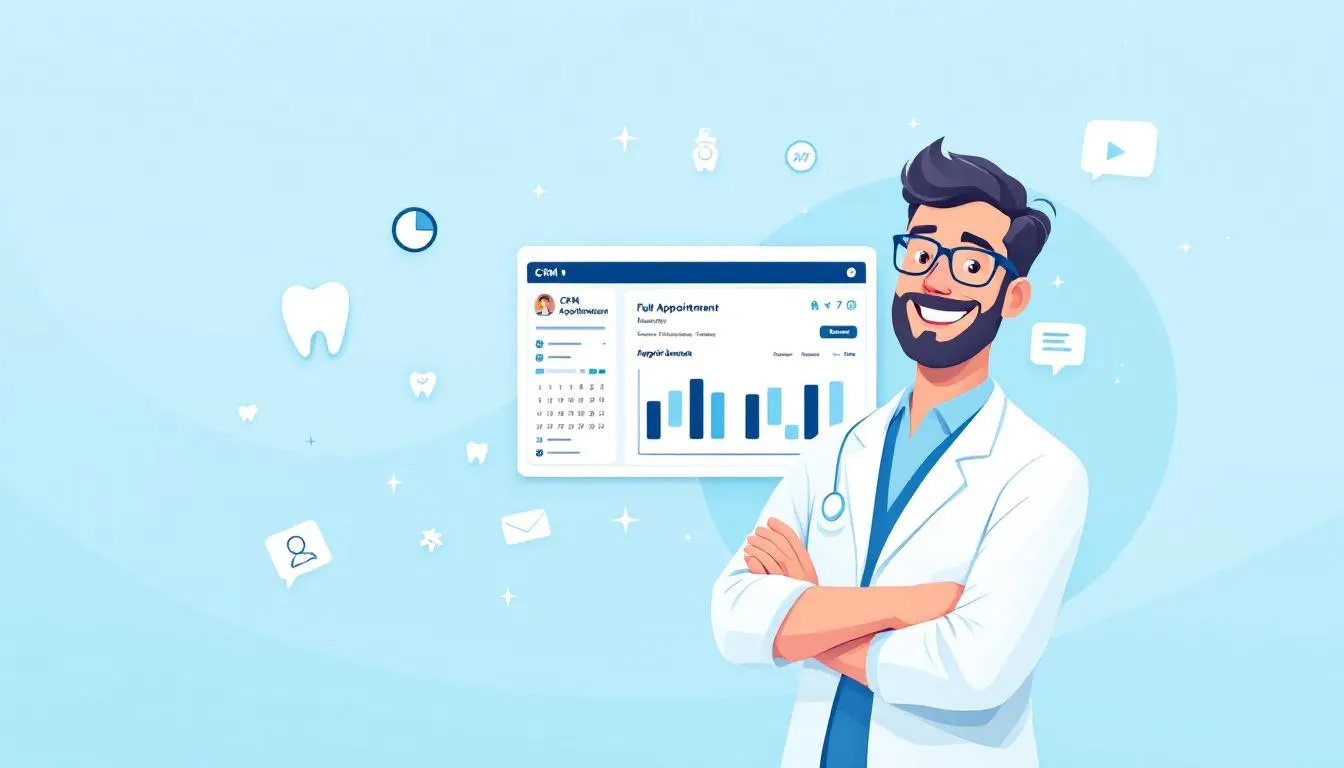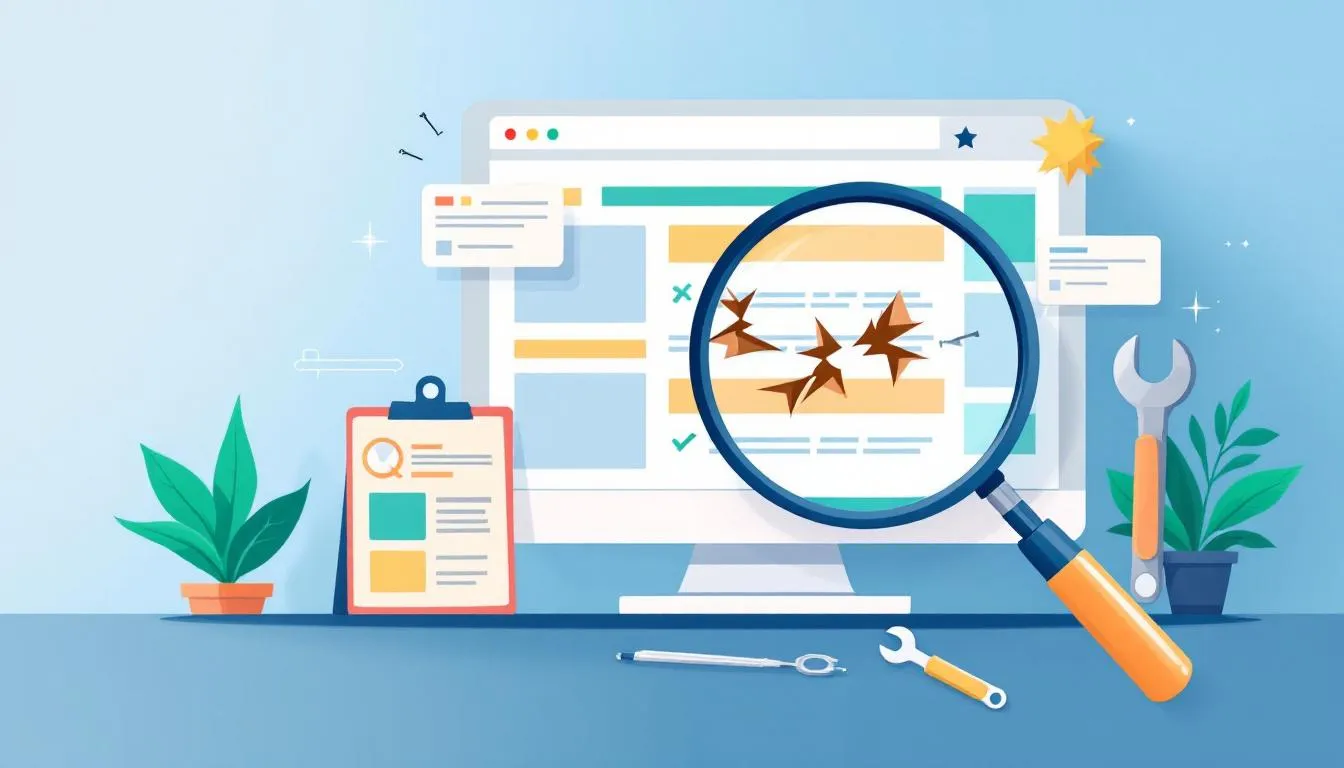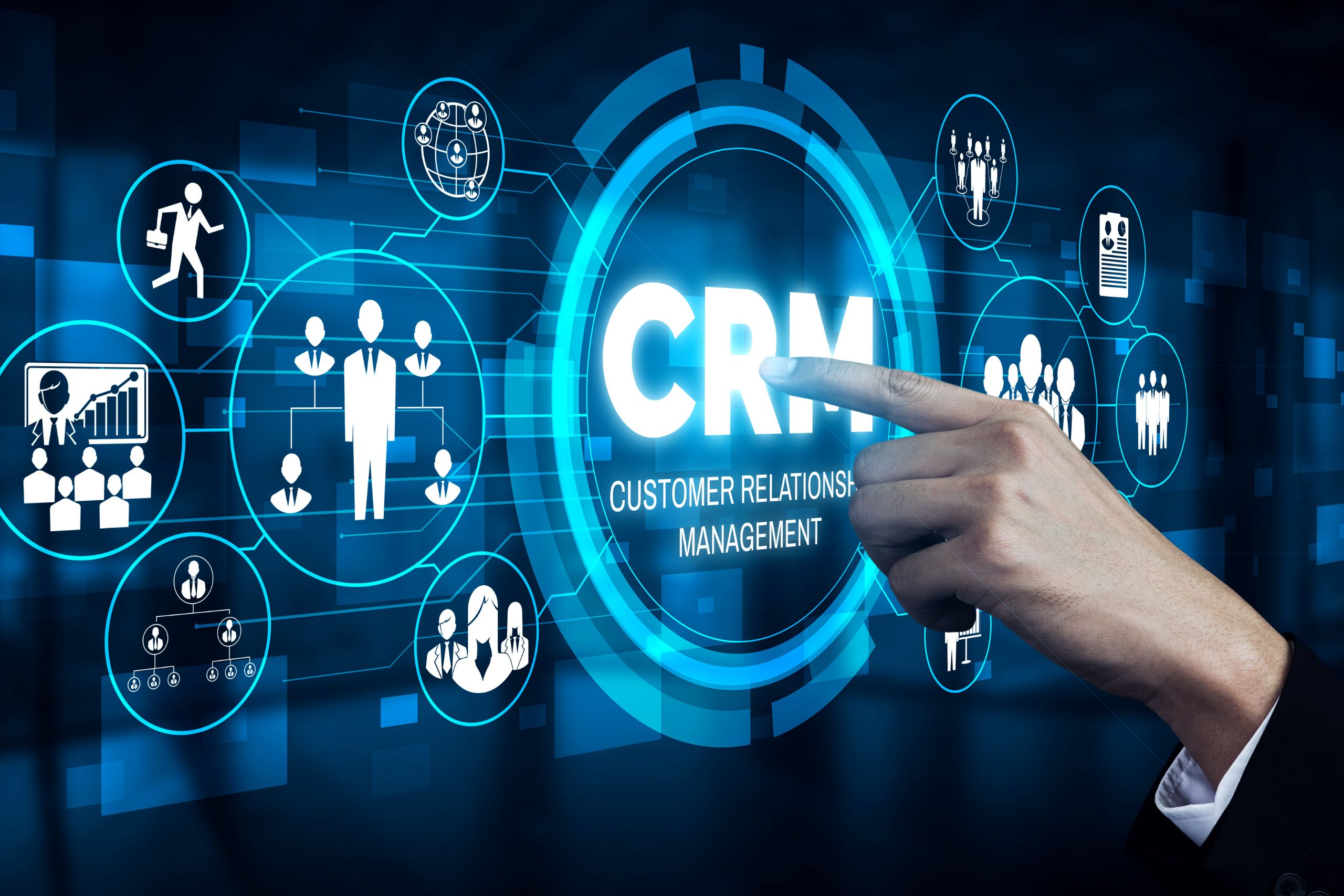In today’s fast-paced business environment, generating new leads and turning them into loyal clients isn’t simply a marketing aim; it’s necessary for growth. A well-designed lead generating system that can keep a firm going effortlessly is based on Customer Relationship Management (CRM) technology. If a small firm has the correct strategy and tools, it can compete with larger ones in the market. This strategy isn’t only for techies or huge companies; anybody who wants to grow better, not simply work more, can utilize it. A lead gen powerhouse CRM is a system that lets you swiftly identify, manage, and follow up with leads while also creating connections with important clients. Not only do sales go up, but there is also a strategy for success in the long run. The first step to making company ideas work is to learn how to develop this system step by step.
Understanding The Role Of CRM In Lead Generation
CRM is more than simply software; it’s the heart of a business strategy centered on relationships. A CRM is a tool that helps a firm keep track of its customers and observe how they purchase items. This, in turn, enables companies respond more swiftly and individually, which makes each lead feel important from the outset.
Think of a CRM as a digital assistant who never forgets a client’s name, a meeting, or any other critical information. By collecting all of their client information in one place, businesses can make sure they don’t miss any opportunities and that no leads are lost. When you know more about your customers, it’s simpler to develop offers that work for them, follow up at the correct time, and complete more transactions.

Building The Right Foundation For A Lead Gen Powerhouse
Before adding tools and software, it’s crucial to have a clear plan. First, a firm has to find out who their ideal consumers are, what issues they solve, and how they illustrate how useful they are. These basic things are necessary for even the greatest CRM software to perform.
Setting up a CRM is a logical next step in the company strategy when this is done. It helps owners and staff keep track of all the new people they meet via marketing, social media, website queries, and other means. When a lead comes into the system, it may start the grooming process right away with the correct materials, follow-ups, and notes that keep the relationship going.
Turning Data Into Actionable Insights
A CRM is wonderful because it can convert raw data into useful information. You can tell how interested a lead is by how many emails they read, how many websites they visit, or how many phone calls they make.
These recommendations help company owners make better choices about how to spend their time and money on marketing. If consumers like a given kind of material more, it may be created more frequently. You may arrange follow-ups for the times and days when particular clients talk to you the most. Instead of having to guess what works, the CRM provides you a clear, evidence-based approach to go ahead.

Automating Follow-Ups For Better Conversion
It’s hard to get leads because you have to be consistent. This is particularly true for small firms that have to do a number of different things. A CRM does this by automatically following up with leads, making sure that everyone gets attention straight away.
This technology doesn’t make the process less human; in fact, it allows individuals more time to really interact with one other. Make sure that leads are taken care of at the proper rate and don’t get lost by setting up individual emails, job notes, and calls that are fully prepared. Over time, this creates trust, which makes leads more likely to become paying customers.
Creating A Customer-Centric Experience
When it comes to generating leads, CRM technology works best when it pays attention to what the consumer wants and needs. The tool may help businesses do more than simply generate sales. They may utilize it to provide value at every step of the consumer journey.
A CRM enables you keep the conversation continuing without bothering the prospect too much. You may, for instance, email them useful recommendations or give them special information. Not only does this strategy make success more likely, it also leads to additional sales and referrals. Happy customers are generally the greatest way to market anything.

Measuring Success And Adjusting The Strategy
Even after a sale, the process of building a lead generating engine never stops. A solid CRM strategy includes keeping an eye on conversion rates, tracking the performance of marketing, and looking for ways to improve things.
Owners may make their plans better by regularly checking the data and seeing how they stack up against their company objectives. Small tweaks, like speeding up responses, changing the tone of your voice, or adding more contact points, may lead to enormous growth. A CRM may help even those who are new to company keep track of and manage this procedure.
Scaling With Confidence
It is much simpler to scale once the system is up and functioning well. If businesses have procedures in place, their data in order, and software working in the background, they can manage more leads without reducing the quality of their job.
A lead gen powerhouse CRM is great at this since it helps businesses grow without generating problems. Companies don’t have to hurry to keep up; they may contact more individuals via new marketing platforms, connections, and campaigns, knowing that their CRM can manage the added work.

Conclusion
Building a lead generation powerhouse with CRM doesn’t mean deploying complicated technology or covert marketing tricks. It’s about creating a system that makes it simpler, more consistent, and more focused on the client to expand a firm. A new firm can compete with larger ones if they realize what CRM is for, create a solid basis, utilize data effectively, and concentrate on making connections. When you utilize CRM effectively, it turns things that may happen by accident into a clear and dependable procedure. This suggests that planning is more important than chance when it comes to success. This approach grows simpler with time, which allows organizations develop with confidence while still putting consumers first in everything they do.


